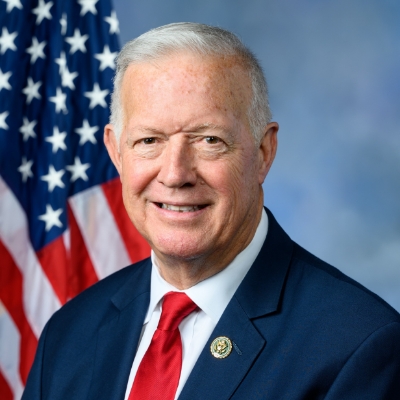- Home
- About
- Contact
- Services
- Art Competition
- Community Project Requests
- Congressional Commendations
- Flags
- Assistance with a Federal Agency
- Internships
- Military Academy Nominations
- Passports
- Presidential Greetings
- Tours and Tickets
- The Congressional Award
- Grants
- Water Resources Development Act 2026
- Additional Services and Resources
- Media
- Legislation
- Issues
- Resources
 U.S. REPRESENTATIVE
Randy Weber
Proudly Serving Texas' 14th District
U.S. REPRESENTATIVE
Randy Weber
Proudly Serving Texas' 14th District
Press Releases
Rep. Weber votes for National Defense Authorization Act
Washington,
July 14, 2023
Washington, D.C. - Today, U.S. Rep. Randy Weber (TX-14) voted in favor of the National Defense Authorization Act (NDAA) for Fiscal Year 2024, which provides for the needs of servicemembers and their families through a pay increase, improved housing, and access to health care, while equipping our military with the tools and resources to counter the rapidly growing threats from Communist China, Russia, Iran, and North Korea. The NDAA will also provide much-needed oversight and crackdown on waste, fraud, and abuse, saving taxpayers billions of dollars. "Congress has a duty and responsibility to provide for our national defense and support the men and women who serve in the United States military," said Rep. Weber. "Under the Biden Administration, the Department of Defense has been funding gender-transition surgeries, abortions, a radical climate change agenda, and radical gender ideology. We are the United States of America, the strongest military force in the world, and it is time we start acting like it. I am proud House Republicans passed the NDAA to strengthen our armed services and ensure our brave men and women defending our freedoms have access to the weapons and resources they need to keep our great nation safe from threats." NDAA background and provisions:
|
